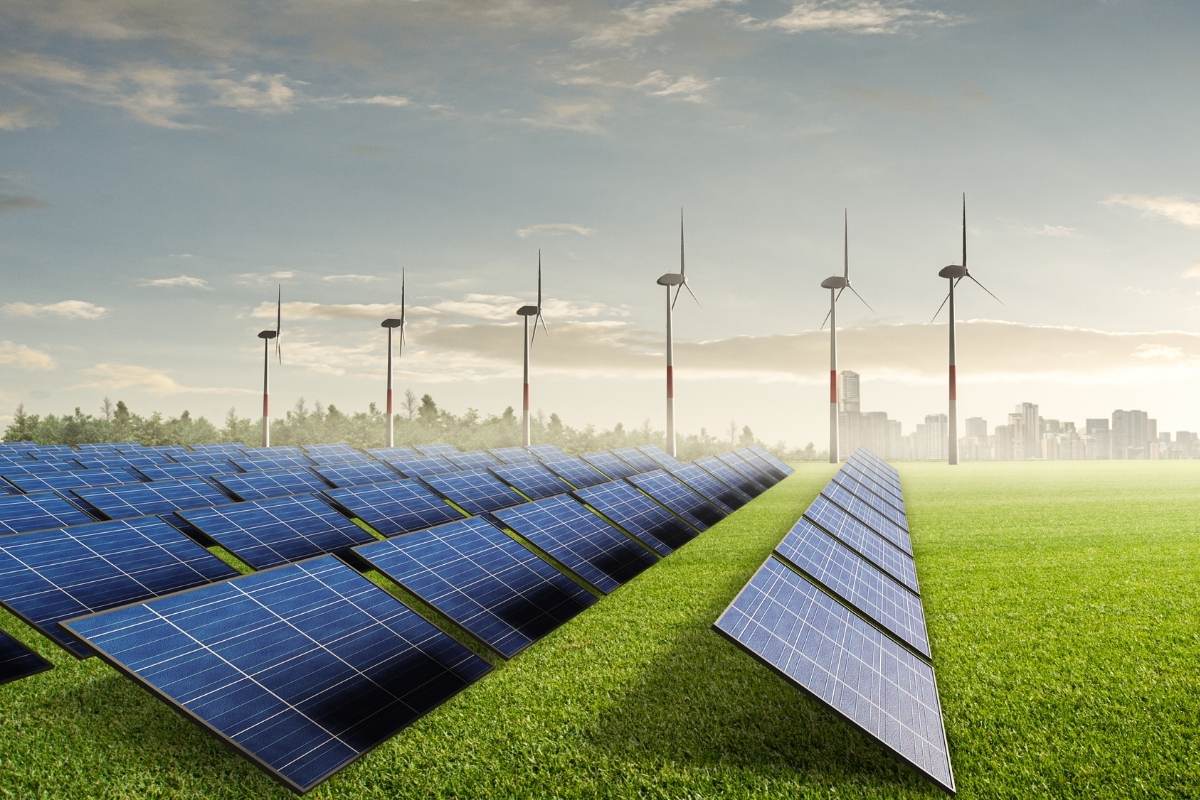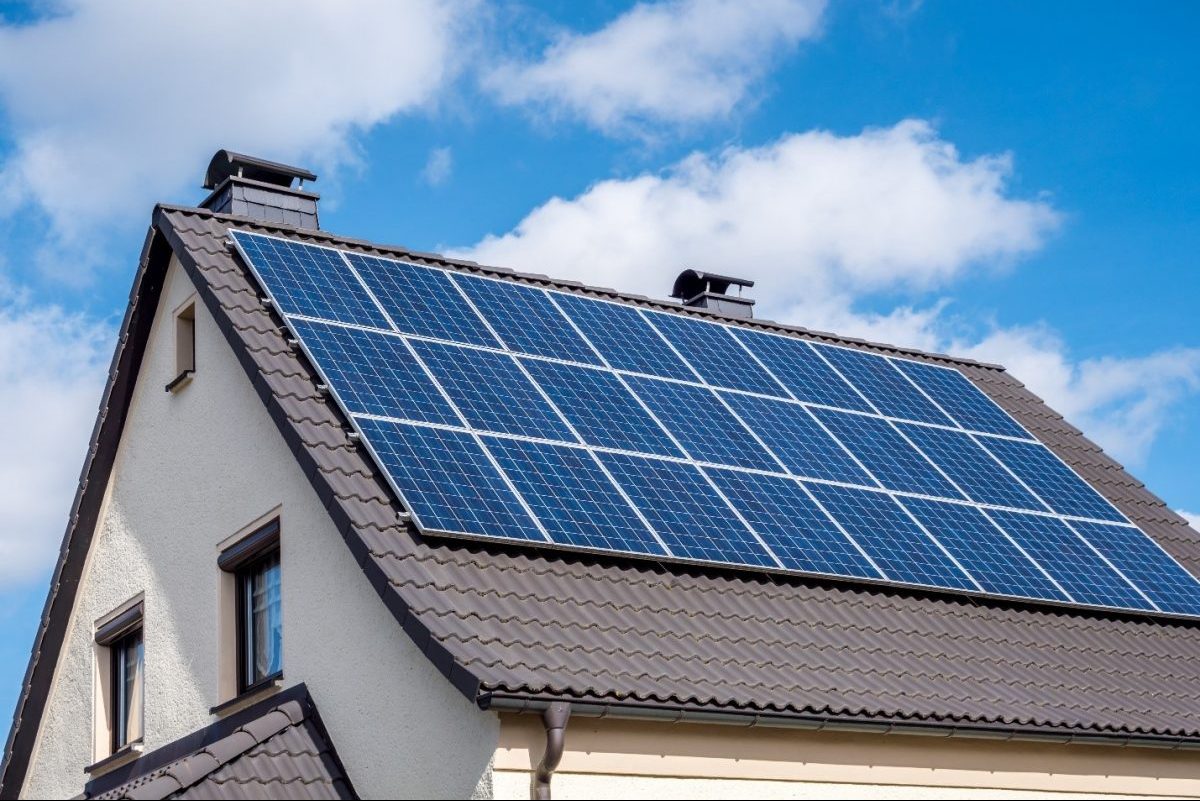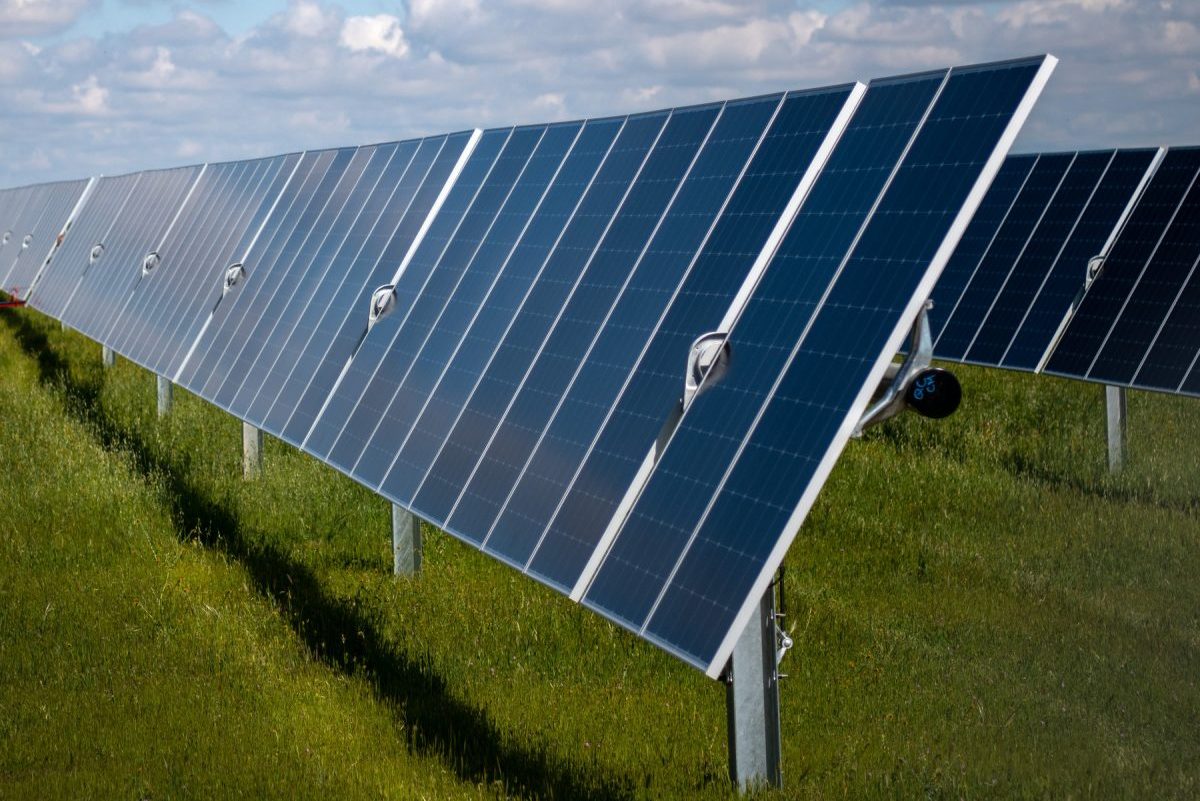Germany’s renewable energy sources account for 49 percent of the nation’s power consumption between January and June 2022. This is a huge growth of about 6 percent from last year. Moreover, the country aims at increasing this figure by a high percentage in the coming years.
So, what is Germany doing about renewable energy to curtail the harmful effects of carbon emissions in the country? The country aims at creating a renewable energy source from the nation’s energy power before 2040.
More than half of this renewable energy is produced from wind power plants, solar, and biomass follow. Regardless of this, the sad news is…
A new modern strategy for economic growth and climate change mitigation is well underway since the recent presidency in 2019. Intending to achieve carbon neutrality before the year 2050, the European Commission discussed an outline of objectives after calling on representatives of different sectors to participate. The main approach is to maximize the benefits of a potent renewable energy source: sunlight.
Industrial Partnerships
In an attempt to build solar energy up as a supporting pillar for the energy sector of Europe, the Commission encourages industries to delve into solar manufacturing. This way, a supply may be introduced into the market just in time as demand is brought into the fold.
Sustainable Construction
Architecture is among the most …
As pressure mounts upon the European Commission, roadmaps and game plans are finally laid out to ultimately phase out the use of coal around the year 2038. An 80 billion euro budget is allocated for this transition, and indeed it is about time that we had pushed through with this cause. In a dialogue between statesmen, climate researchers, and leading figures, there are two main considerations with the goal underway. Those are to 1.) initiate the shuttering of fossil fuel and coal plans and to 2.) secure the electricity prices from rising to impracticality.
Also in line with the advocacy of the European Commission in battling climate change, Tomorrow’s Energy shares the same approach of educating citizens to contribute while encouraging industries to make the transition. …
According to a recent record of energy consumption from the latter half of 2020, Europe in its entirety has indeed generated more electricity from regions that had fully implemented the solar energy power system and other renewable energy sources. This only proves the cost-efficiency of renewables and will eventually lead to the electricity having more supply and lowered pricing.
It is quite enticing to experience all these benefits without being detrimental to the environment. In this case, fossil fuel and coal are being pushed aside and disregarded by many states in preference for eco-friendlier and sustainable measures.
National representatives, advocates, and climate experts have studied and discussed the damage that fossil fuel causes in the long term, which has led …




